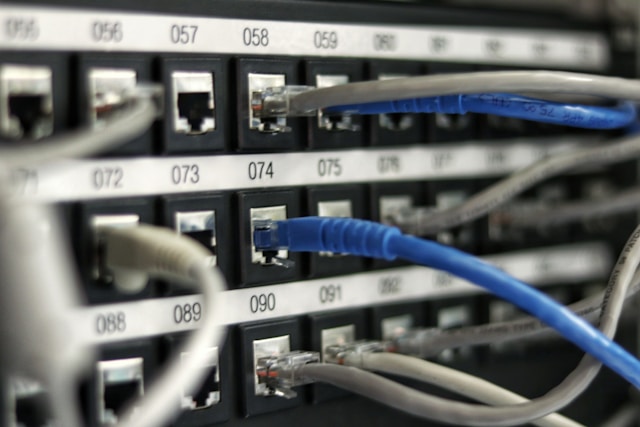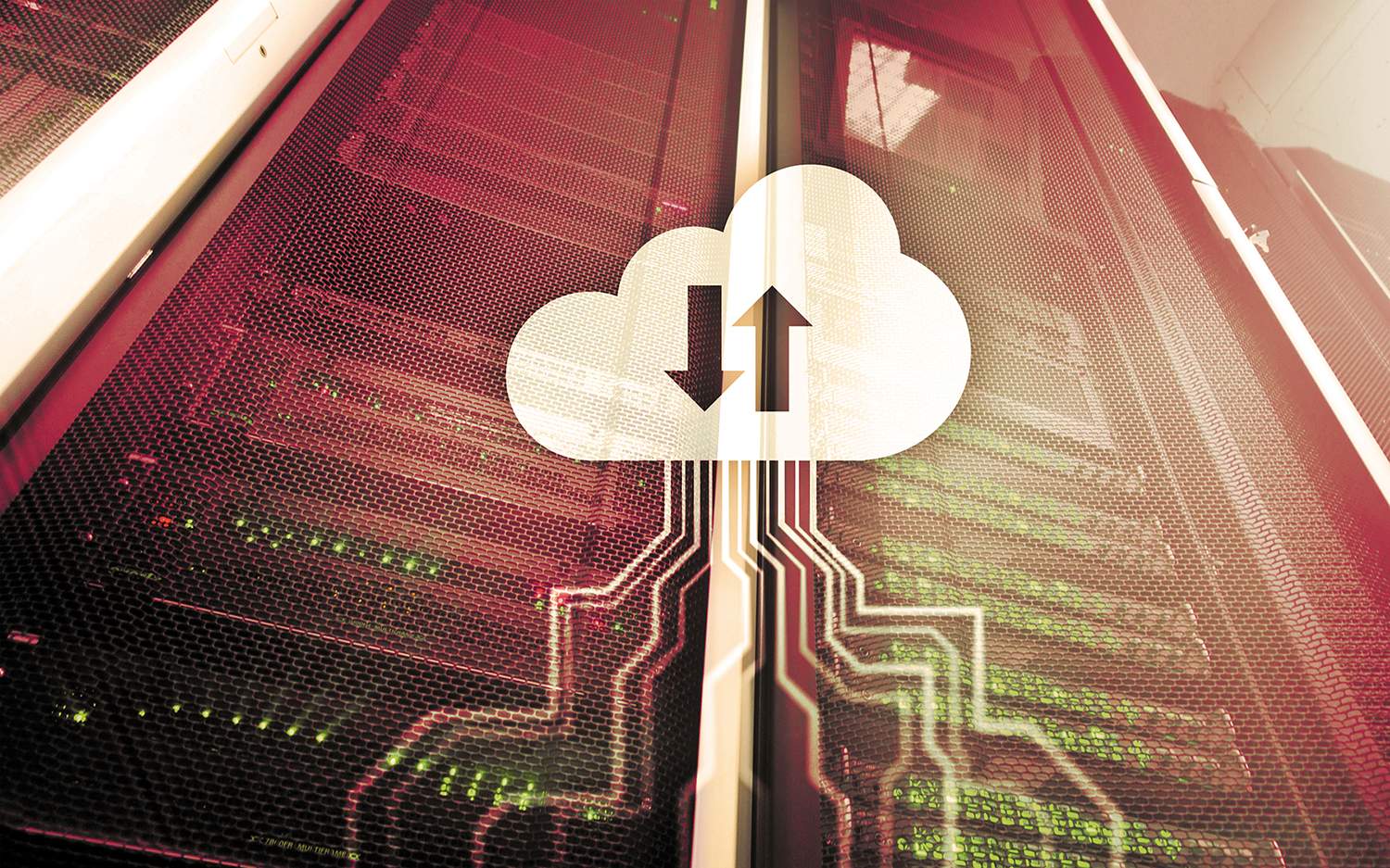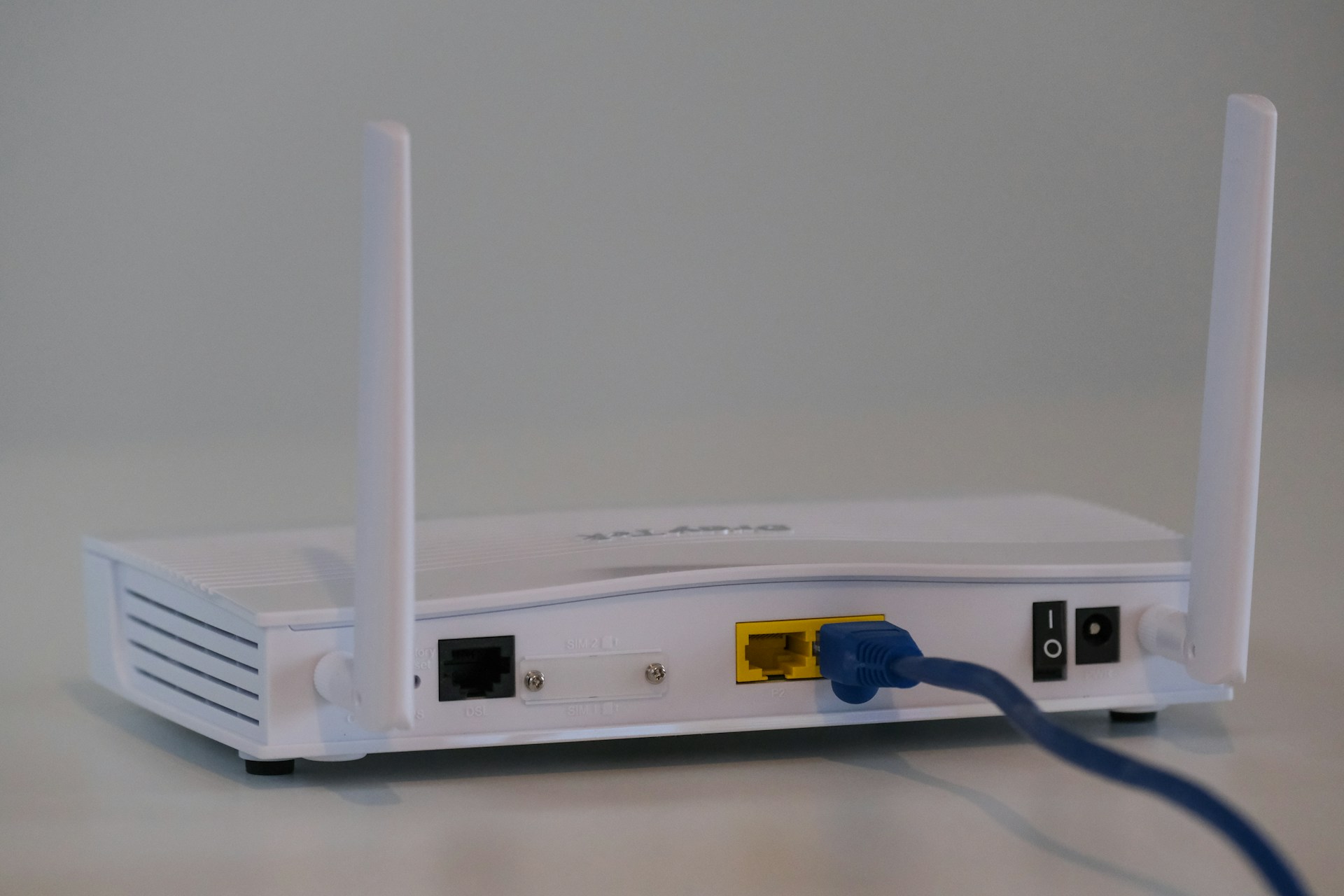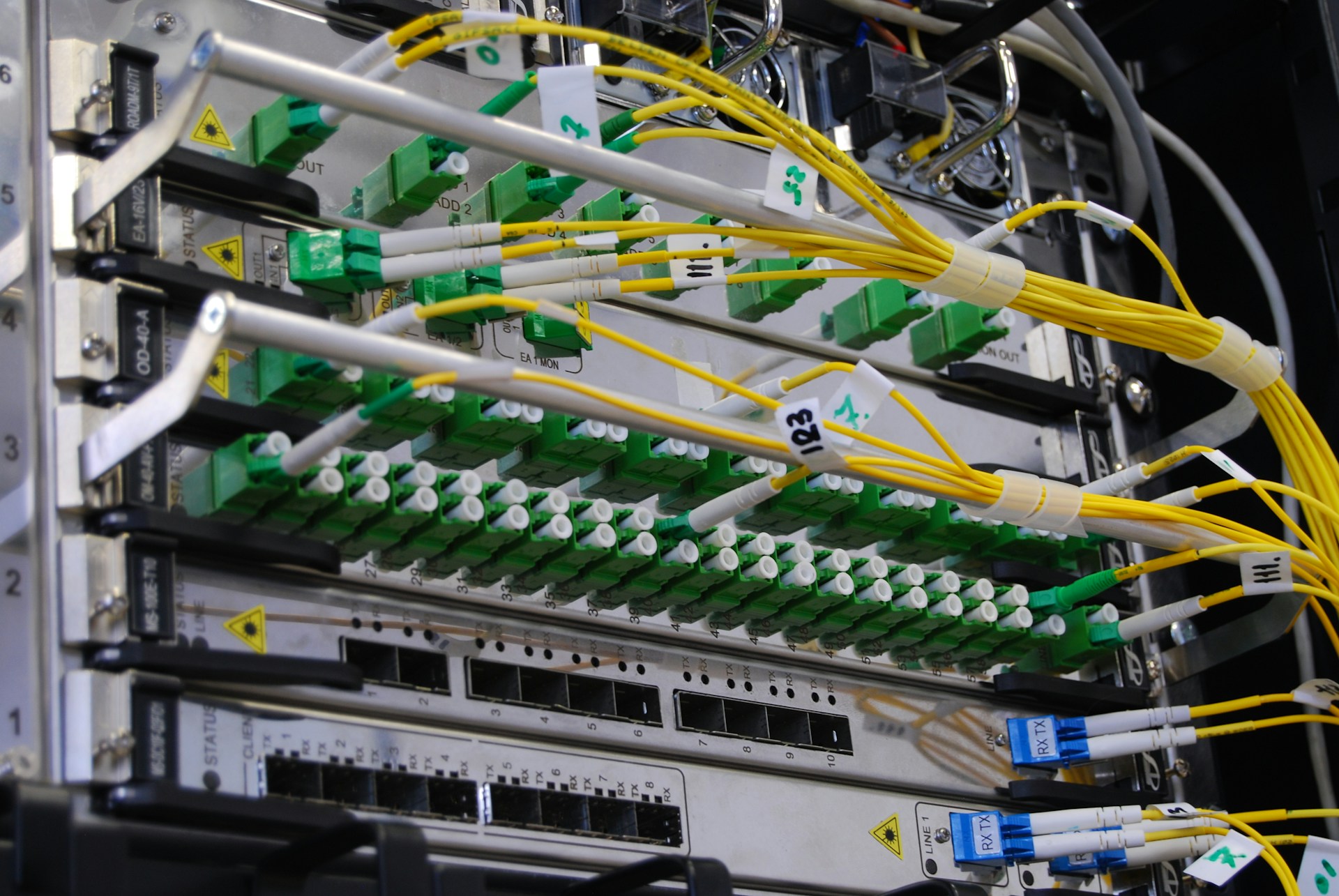EFM or Leased Line – Things to Know Before Opting Anyone for Your Business
-
November 29, 2022
-
6 min read

Internet connectivity drives every operation, from communication and customer service to orders and payments. Recent statistics suggest that businesses conduct 28% of all their activities online. Despite this deep penetration, selecting the right connectivity solution remains challenging.
A multitude of service providers, postpaid plans, and technologies, such as first mile fibre, leased lines, and cellular internet, often overwhelm business owners.
Solution? A comprehensive understanding of the options relative to intrinsic business needs. While connectivity can mean different things to different businesses, a stable and reliable internet is a must-have for all thriving enterprises.
Reliable Internet Connectivity: A Mandatory Business Directive
With an always-on mindset, modern customers want to engage with brands anytime. A reliable Internet is fundamental to serving such expectations and harnessing global consumers, who claim 74% of all Internet connections.
The rise in online business operations and remote working calls for uninterrupted collaboration, making network reliability nonnegotiable.
A reliable Internet connection unlocks several benefits and opportunities for business survival and growth.
- Enhanced collaboration and employee productivity.
- Significantly reduces downtime and faster time-to-market.
- Effective utilisation of cloud services and innovations.
- Optimisation of Internet-based applications and services.
- Enhanced customer experience with quick response over multiple channels.
- Prevention from business outages and disruptions.
- Scalability to handle upload and download spikes.
- More engagement opportunities.
- Strengthened brand reputation and trust.
Understanding the Leased Line Connections for Businesses
Leased lines are exclusive fibre cable connections between the local street cabinet and business premises. Leased lines aim to deliver high-performance connectivity with superior speed and reliability. Dedicated internet access ensures quick downloads and uploads with significantly low latency and delays.
Symmetrical speed allows end users to download and upload at the same data rate. This feature increases business productivity in bandwidth-hungry operations and distinguishes leased lines from conventional broadband and ADSL. Some striking benefits of leased lines are:
Exclusive Connections
Interruptions and ups and downs in the service quality are common in shared broadband as multiple businesses compete for it. Leased lines are exclusively dedicated links that solve the issue, ensuring stable, steady, dependable connections that stay consistent all day.
High-Performance
Leased line connections typically use fibre cables known for superior speed and stability. They provide faster and more consistent network performance for businesses that involve cloud-based applications, VoIP applications, and heavy data transfers.
Security and Privacy
Leased lines are private and not shared between businesses. The isolated network prevents external interference with business data, eliminates potential breaches, and enhances data security.
Scalability
The connectivity needs of a business evolve with growth and expansion of operations. With leased lines, enterprises can upgrade to higher bandwidth without significant infrastructure changes. By adapting to changing internet requirements, it provides flexibility and agility to compete with market dynamism.
Find out the Key Differences Between GEA And EFM for leased lines.
A look at What the Ethernet First Mile Connection Brings to the Table
‘The less copper, the more fibre, the better.’ Enterprises use this thumb rule when choosing a data connection. However, ethernet first mile, or EFM, breaks stereotypes by providing reliable, consistent connectivity at a fraction of the price.
EFM Ethernet offers considerable speed over copper twisted pair cables in telecom networks’ local loops. In the case of regular office broadband internet, the connections run into the street cabinet that all local businesses share. On the other hand, EFM provides an uncontended internet connection for a specific premise. It leverages copper telephone lines, typically CAT5 or CAT6 twisted cables, to deliver high-speed internet to the end users. Some pronounced benefits of EFM broadband are:
Low-Cost
EMF costs much less than a pure fibre optics connection. It uses the existing copper telephone lines, significantly reducing the cost and effort needed for preparation, installation, and operation.
Dedicated Connection
It is a fully dedicated connection service that eliminates brawls for bandwidth. Businesses get consistent bandwidth without latency and delays, helping maintain business productivity even during the peak network traffic.
Symmetrical Bandwidth
EFM supports equal upstream and downstream data rates. Equal network speed for uploads and downloads empowers bandwidth-hungry applications involving video conferencing, cloud computing, and data backup operations.
Ethernet Protocol Suite
Ethernet protocol suite is a standard protocol for data transmission between devices in LANs and WANs. As EFM uses the same ethernet protocols, it is compatible with existing equipment and simplifies network interoperability and integration.
Business-Grade Reliability and Security
EFM comes with strong SLAs that guarantee consistent, high-speed connectivity. It mandates providers to quickly restore the service if the connection falters. With exclusive connections, sensitive business data is less vulnerable, more secure, and never touches the public internet.
Know more about Leased Line Failover
EFM vs Leased Line: A Quick Breakdown
Both ethernet EFM and leased lines are exclusive, dedicated business connections. Many incumbents use EFM as a low-cost, quick-to-install alternative to leased lines. However, there are some significant differences between the two.
| Features | Leased Line | EFM |
| Availability | Leased lines are widely available. | EFM coverage depends on the network provider and distance from the telecom exchange. |
| Lead Time | Installing fibre cables takes much longer. | It uses copper cables running through the existing telecom duct, which sets up quickly. |
| Speed | It offers symmetrical bandwidth with a speed range from 10Mb to 10Gb. | It also provides symmetrical bandwidth, with speeds up to 35Mb. |
| Consistency | The speed remains consistent throughout the operations. | The speed varies based on the distance from the exchange point.
The provider specifies the top and minimum speed for every connection. |
| Reliability and Recovery | These are more reliable as they transfer data by sending laser signals through fibre cables. Leased lines come with stronger SLAs for quick fixes and recoveries. | EFM transfers data using electrical signals through copper cables that are sensitive to degeneration and interference. It takes longer to fix, and the ISP’s SLA determines the typical recovery time. |
| Cost | Leased lines are more expensive but deliver great long-term value. | EFM is more affordable. |
| Typical Clientele | Leased lines can serve all businesses. | EFM typically suits micro and mid-sized businesses or for backup connections. |
Check Out: ADSL vs. Leased Lines
Summing Up
A reliable internet connection is paramount to businesses, but the choice of connection depends on intrinsic business needs.
When comparing ethernet final mile with leased lines, it fares pretty well. Both options are very close in terms of reliability and latency. However, the price, SLAs, and speed mark significant gaps.
Businesses looking for a low-cost, easy-to-install connection with just fair speed must consider EFM. Contrarily, leased lines are ideal for enterprises that can adjust their budget but need the highest speed with utmost reliability.
Explore Airtel’s dedicated internet connectivity solutions to know more, or contact us to choose the best-fit internet for a future-ready business.
 Share
Share









